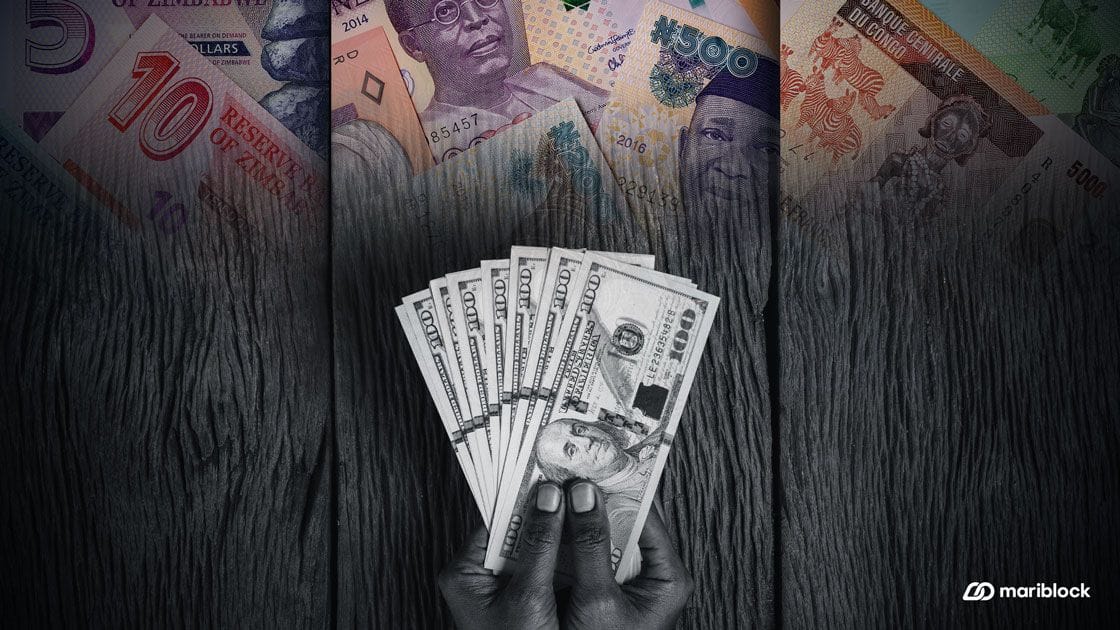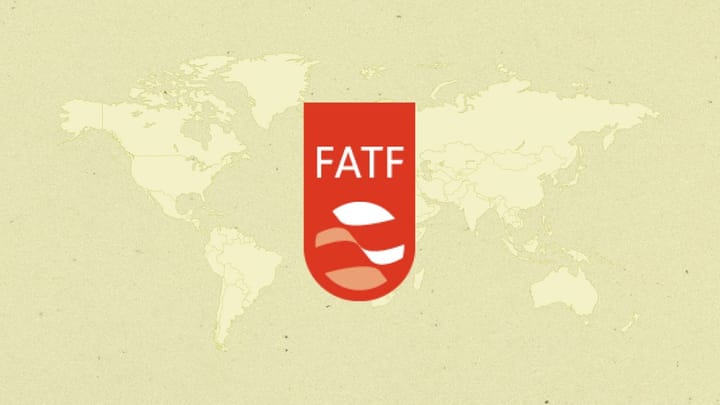Ethiopia set to make an “unnecessary and unfortunate” default on Eurobond repayment
The country’s finance ministry is looking to restructure its Eurobond following recent success with restructuring the terms of its bilateral debt.

ℹ️
Editor’s note: This story is part of Mariblock’s “State of Fiat” coverage. Digital assets such as bitcoin are seen as competitors to central bank money. Therefore, we consider informing our audience of the state of their local currencies worthwhile.
Ethiopia has indicated to its bondholders that it will be unable to make a $33 million repayment on its $1 billion Eurobond.
Efforts to renegotiate the bond terms before the December 11 deadline for the coupon payment have fallen through. Now, unless the country successfully restructures its debt in time, it is on track to become one of the nations facing sovereign debt default.
The details
- Ethiopia’s finance minister announced last Friday that it would be unable to meet the payment target due to its depleted foreign exchange reserves.
- Per reports, the country attempted last-minute discussions with a group of its bondholders last Friday to review the terms of the $1 billion Eurobond, which matures in 2024. The talks were unsuccessful.
- The Ethiopian government proposed an amortized payment plan spread over four years and reduced the coupon rate from 6.625% to 5.5%.
- In response, an ad hoc committee of bondholders said it sees the country’s decision not to make the repayment as “unnecessary and unfortunate,” especially as the country gave short notice to engage in talks.
- But it added that it was open to further discussions with the country’s authorities over the week, as Ethiopia has only 14 days of grace before it officially becomes a defaulter.
- The country is seeking an emergency funding plan from the lender of last resort, the International Monetary Fund (IMF). Preliminary talks have taken place, but no agreements yet.
- Experts have said that prompt agreement on the IMF program for the country is crucial to its debt restructuring drive.
Key quotes
- According to Bloomberg, the country’s finance ministry said on Friday that it was “not in a position to pay” the $33 million coupon because of the nation’s “fragile external position.”
- He added that “restricted discussions” held with a group of bondholders had been unsuccessful.
- Speaking on the development, Kaan Nazli, a portfolio manager at Neuberger Berman Asset Management, which holds the Ethiopian bond, told Bloomberg:
“It is difficult to move forward until there is an IMF program and a debt sustainability agreement. We should see an agreement around mid-next year at the earliest as a result.”
Zoom in
- According to sources citing government data, Ethiopia’s external debt was valued at $28.2 billion at the end of March.
- According to Reuters, an unnamed group of bondholders had proposed to Ethiopia earlier in the year to extend the maturity of the Eurobond from its 2024 due date till 2030. The group got no response from the Ethiopian government.
- In August, the East African country secured a suspension on its debt payments owed to Chinese creditors for the current fiscal year, running till July 7, 2024. The IMF said the country seeks more debt relief from other creditors.
- Last month, the country announced that it reached an agreement in principle with its official bilateral creditors on further temporary debt service suspension.
- Its growing debt portfolio and repayment obligation mean the country has less foreign exchange to meet its economic demands.
- Its inflation level has since risen to double digits, and recent civil conflict has seen its economy record slow progress with its debt restructuring endeavors.
Zoom out
- Ethiopia is the latest African country to default on its Eurobond repayment in recent years after Zambia and Ghana.



